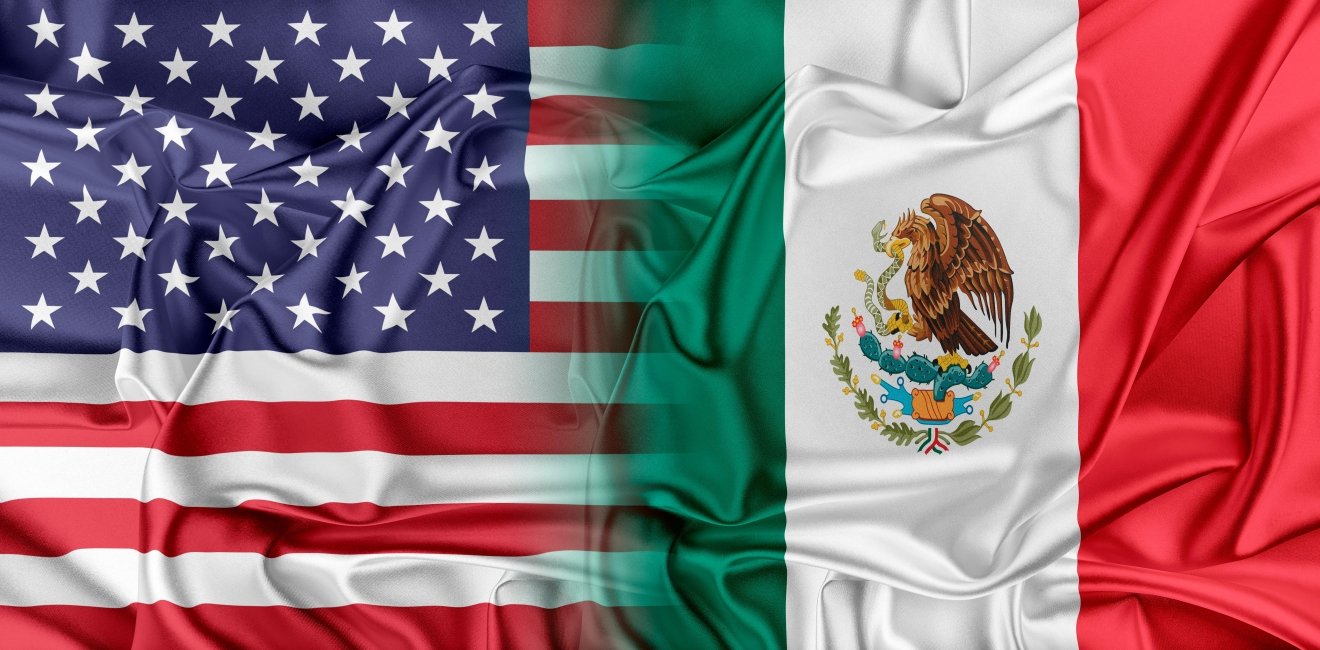On July 1st, Mexican voters took to the polls and issued a call for sweeping change. Andrés Manuel López Obrador won the presidency and, along with its coalition partners, his party won a majority of seats in both houses of Congress. As a result, AMLO, as López Obrador is known, will take office in December with a stronger electoral mandate than any other president in Mexico’s modern, democratic era. Though his commanding victory seems to have impressed U.S. President Donald Trump and the two presidents appear to be in a sort of honeymoon period, the good times are unlikely to last. President Trump is sticking to his guns, leading the Republican Party into the mid-term elections with new actions on trade and immigration to match the tough rhetoric on the issues that he effectively employed during his own campaign in 2016. Just as threats to cancel NAFTA and force Mexico to pay for a border wall created major challenges for U.S.-Mexico relations during and after the last campaign cycle, they have the potential to do so again in the upcoming one.
President Trump has effectively used the bully pulpit of the presidency to elevate issues of trade and immigration. A recent Gallup poll shows that immigration has risen up to become the number one “most important problem” facing the nation, with more than a third of Republicans and 18 percent of Democrats naming it as such. With unemployment low, Americans have kept a positive view of trade in general, but they remain split on NAFTA. Importantly, on both NAFTA and immigration, U.S. attitudes have become extraordinarily polarized along party lines, with Republicans seeing both quite negatively and Democrats more positively. (It is especially interesting to note this shift on NAFTA given that Republicans have traditionally supported free trade agreements while Democrats have been much more skeptical.)
Given the charged and polarized treatment these topics have received, one must ask whether the rhetoric reflects reality on the ground. And with a new president elected in Mexico, there may be an opportunity to advance challenging issues in U.S.-Mexico relations. This short essay examines the changing nature of U.S.-Mexico trade and migration in the context of the Trump and forthcoming López Obrador administrations.
Read the full article on World Government Research Network...
Authors


Advocate for Latin America, Refugees International

Mexico Institute
The Mexico Institute seeks to improve understanding, communication, and cooperation between Mexico and the United States by promoting original research, encouraging public discussion, and proposing policy options for enhancing the bilateral relationship. A binational Advisory Board, chaired by Luis Téllez and Earl Anthony Wayne, oversees the work of the Mexico Institute. Read more





